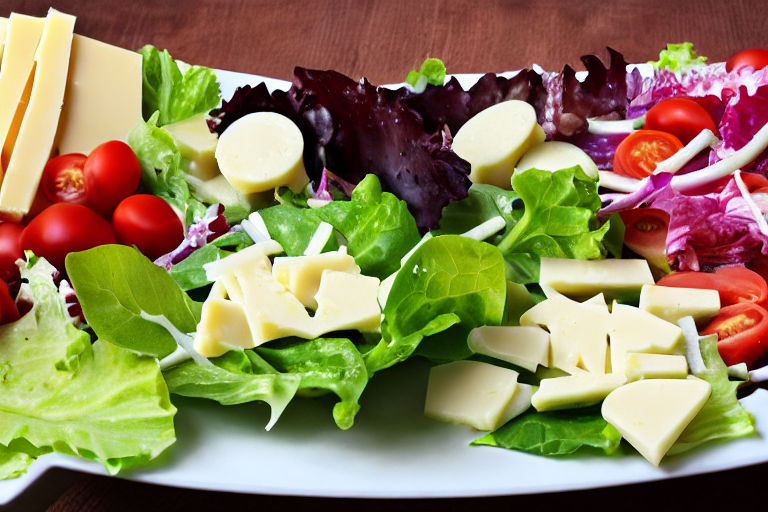How Prebiotics and Probiotics Work Together to Boost Your Gut Health
The gut is home to trillions of bacteria, both good and bad, that play a vital role in maintaining our overall health. The balance between them is crucial to boosting our gut health and, subsequently, our overall health. When we talk of gut health, two terms that come to mind are prebiotics and probiotics.
Prebiotics are non-digestible fiber compounds that are found in fruits and vegetables, legumes, and whole grains. These compounds promote the growth of good bacteria in the gut by providing them with the necessary nutrients. On the other hand, probiotics are live bacteria that, when taken in adequate amounts, provide multiple health benefits, including boosting gut health. Prebiotics and probiotics work together to enhance the growth and survival of good bacteria in the gut.
How do Prebiotics and Probiotics Work Together?
Prebiotics are essentially food for probiotics. They feed the beneficial bacteria in the gut, which then multiply and colonize the gut. Without prebiotics, it is tough for probiotics to survive and thrive in the gut. Probiotics, on the other hand, significantly improve the gut's ability to breakdown food and absorb nutrients into the body.
Prebiotics stimulate the production of short-chain fatty acids, which are essential for maintaining a healthy gut lining. A healthy gut lining is essential for optimum nutrient absorption, preventing inflammation and keeping 'bad' bacteria in check.
Benefits of Prebiotics and Probiotics
There are numerous benefits of prebiotics and probiotics to the body. They include:
- Improved digestion and nutrient absorption
- Boosted immunity
- Better assimilation of vitamins and minerals
- Reduced inflammation
- Improved bowel movements and gut regularity
- Lower risk of chronic diseases
Prebiotic and Probiotic Food Sources
Some of the best prebiotic foods include garlic, onions, asparagus, bananas, oats, and apples. Probiotic-rich foods, on the other hand, include yogurt, kefir, kimchi, miso, and tempeh.
Conclusion
Prebiotics and probiotics work together to nourish and boost our gut health. Incorporating prebiotic and probiotic-rich foods into our diets is essential for maintaining a healthy microbiome. When combined with healthy lifestyle habits such as regular exercise, a balanced diet, and stress management activities, prebiotics and probiotics can go a long way in keeping our guts healthy and happy.



